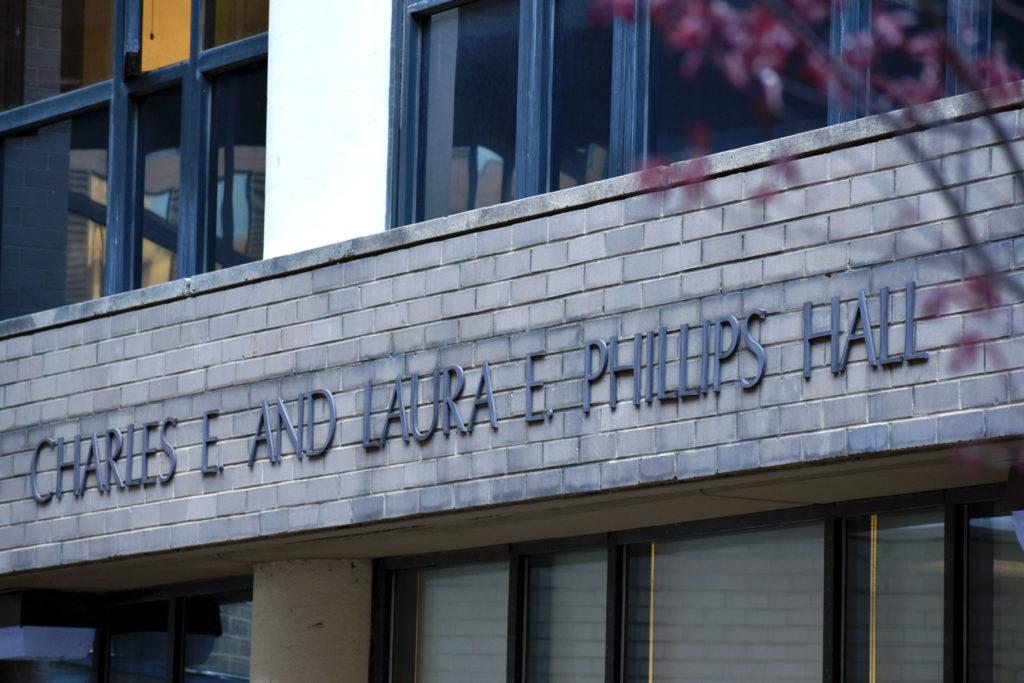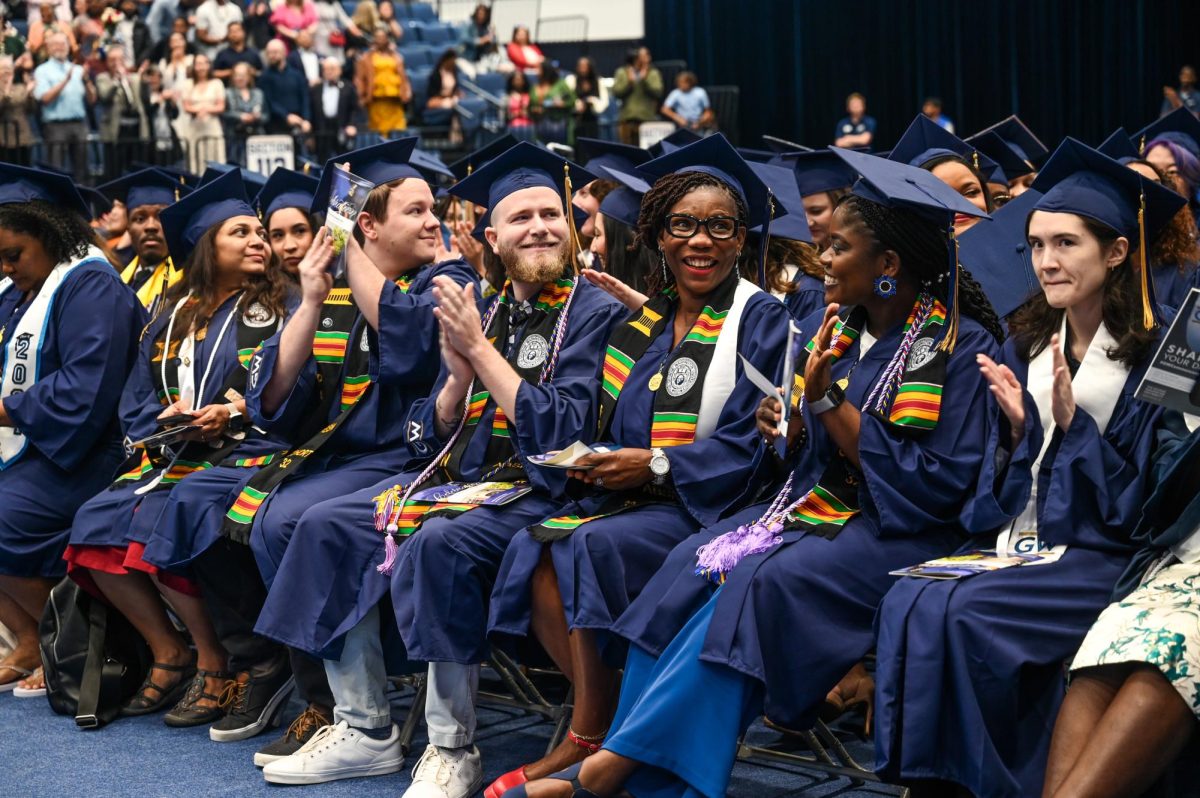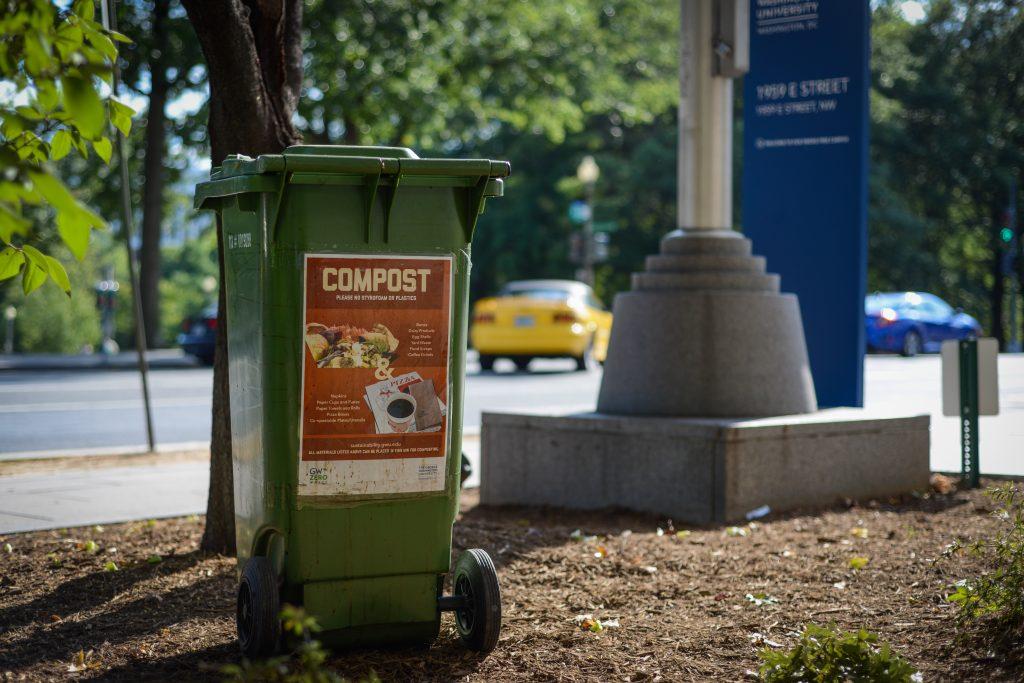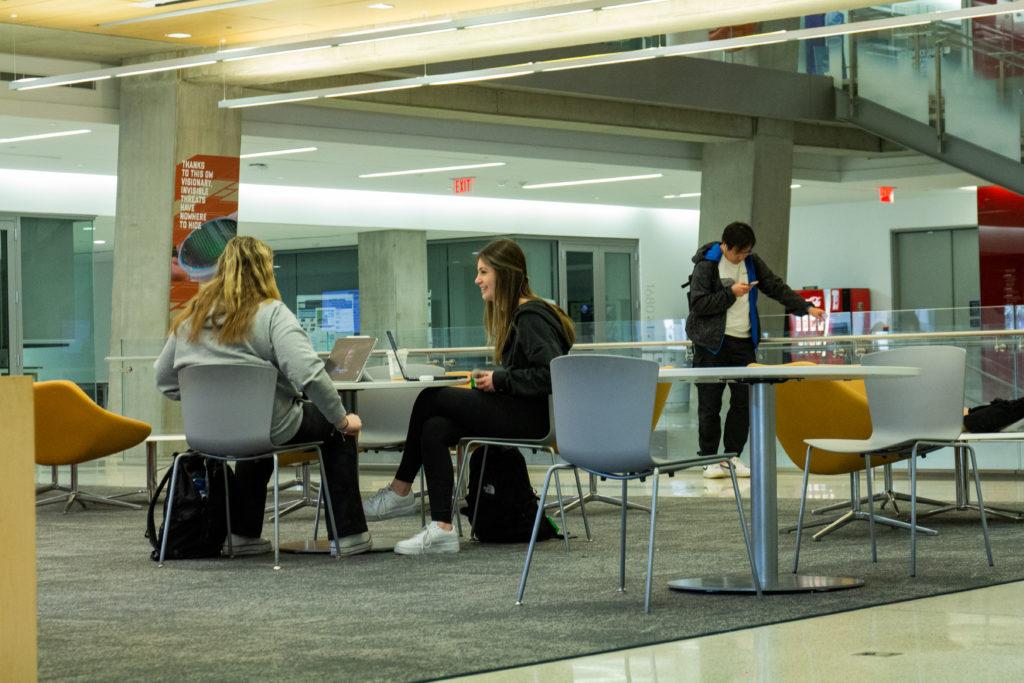Two professors in the Columbian College of Arts and Sciences found that misinformation and malicious messages about COVID-19 can spread through pathways connecting multiple social media platforms.
Neil Johnson, a professor of physics, and Yonatan Lupu, an associate professor of political science, co-authored the study published in the journal Scientific Reports Tuesday. Johnson and Lupu worked with a team to map online hate clusters – the gathering of malicious content, racist messages or misinformation – on Facebook, Instagram, Telegram, Gab, Vkontakte and 4Chan.
“You cannot win a battle if you don’t have a map of the battlefield,” Johnson said in a release. “Whether you’re looking at traditional hate topics, such as anti-Semitism or anti-Asian racism surrounding COVID-19, the battlefield map is the same. And it is this map of links within and between platforms that is the missing piece in understanding how we can slow or stop the spread of online hate content.”
The research team found that hate clusters interconnect across social media platforms, recording a cross-platform connection between VKontakte and Telegram as their strongest correlation. The research team also discovered that groups sending hate messages changed their online names very frequently or added strings of A’s and 1’s prior to their names to avoid detection on social media platforms.
The team concluded that social media platforms can slow the spread of malicious messages by placing caps on the size of online clusters, artificially lengthening the time it takes for clusters to travel between social media platforms and posting factual mainstream information that debunks any misinformation. In the future, the team hopes to study the weaponization of COVID-19 vaccine misinformation and the role that foreign governments play in the online space.
“Our study demonstrates a similarity between the spread of online hate and the spread of a virus,” Lupu said in the release. “Individual social media platforms have had difficulty controlling the spread of online hate, which mirrors the difficulty individual countries around the world have had in stopping the spread of the COVID-19 virus.”










